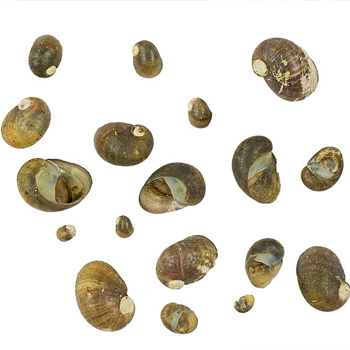How do you Integrate #cosx/(sinx)^2+sinx#?
1 Answer
Mar 6, 2015
The required integral is
This can be evaluated as two separate integrals,
The solution of
For
Let
Differentiating with respect to t,
This transforms
which has the simple solution of
Replacing the value of
Combining both solutions,
The constants of integration
Finally, the answer is

